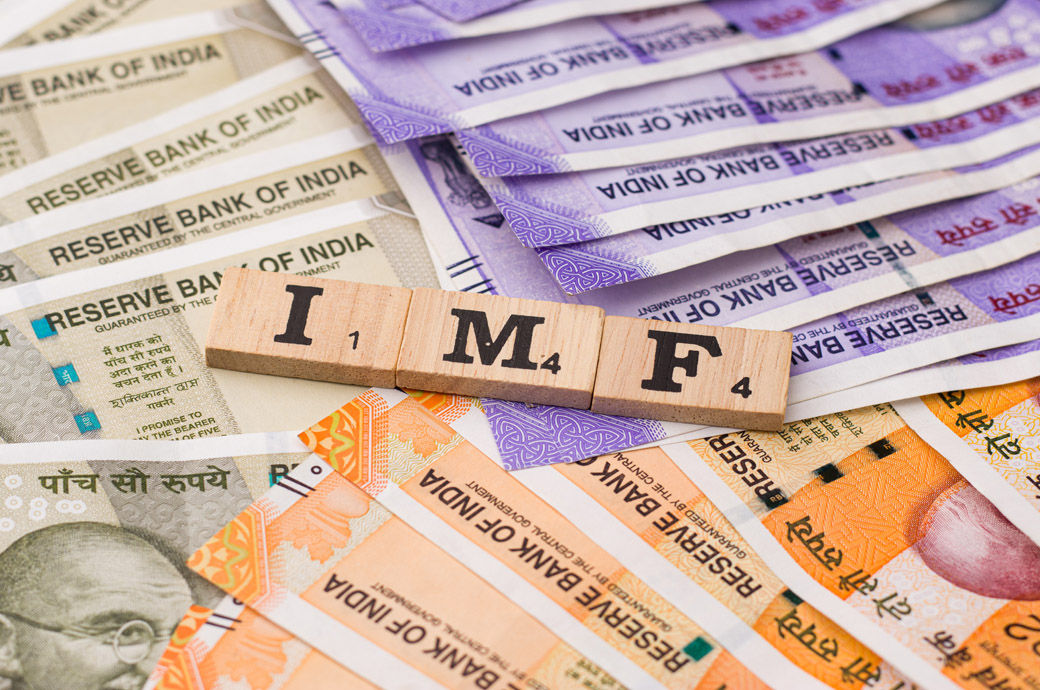
The country’s public debt-to-gross domestic product (GDP) ratio is projected to rise in the current and the next fiscals, peaking at 82.3 per cent in FY25, and then may gradually ease to 80.5 per cent in FY29.
As the COVID-19 pandemic hit the economy, that ratio rose from 75 per cent in FY20 to 88.5 per cent in FY21, and slowly reduced to 81 per cent in FY23.
Debt-to-GDP ratios are projected to rise by 1 percentage point a year globally during 2023-28, faster than foreseen before the pandemic.
Containing global warming necessitates a radical economic transformation that could impose costs and benefits unevenly across people, firms, regions, and countries. With private financing playing a decisive role, the transition to low-carbon energy sources will require strong complementarities between public and private actors, the report noted.
Limited climate action would leave the world exposed to adverse consequences from global warming and macroeconomic risks would concomitantly rise, it said.
Although carbon pricing is necessary to deliver on climate goals, it is not sufficient and should be complemented by other mitigation instruments, such as feebates, green subsidies and regulation standards, to promote innovation and deployment of low-carbon technologies and address market failures and network externalities, the IMF said in its report.
Delayed action on carbon pricing would be very costly. Each year of delay is estimated to contribute an additional 0.8−2.0 per cent of GDP a year to public debt.
Fiscal incentives, via tax credits or subsidies, can boost firm investment in low-carbon technologies, IMF feels.
“The green transition would entail additional fiscal costs, especially if they rely on expenditure-based measures. A comparable simulation for a representative large emerging market economy considers a cap on carbon prices at $45 a tonne during 2030-50, together with a substantial increase in green investment and subsidies to reach net zero goals by 2060,” the report stated.
The fiscal cost of policy mix could become challenging, particularly for emerging markets and developing economies already experiencing high debt and rising interest costs, alongside large adaptation, and development needs, the IMF commented.
“To navigate these challenges, countries with limited fiscal space should build tax capacity to mobilize revenues and improve spending efficiency. Policies should encourage the private sector to play an increasing role in financing and investing in climate actions,” the report added.
ALCHEMPro News Desk (DS)
Receive daily prices and market insights straight to your inbox. Subscribe to AlchemPro Weekly!